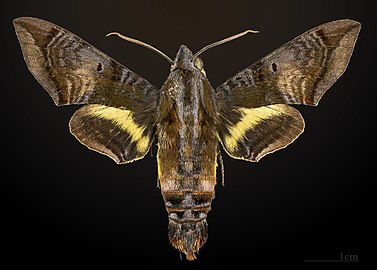
A raven is any of several larger-bodied passerine bird species in the genus Corvus. These species do not form a single taxonomic group within the genus. There is no consistent distinction between crows and ravens. Names are assigned to different species chiefly based on their size.
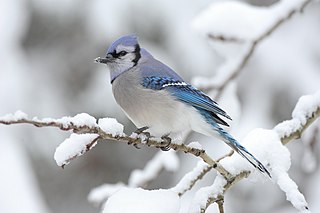
Corvidae is a cosmopolitan family of oscine passerine birds that contains the crows, ravens, rooks, magpies, jackdaws, jays, treepies, choughs, and nutcrackers. In colloquial English, they are known as the crow family or corvids. Currently, 135 species are included in this family. The genus Corvus containing 47 species makes up over a third of the entire family. Corvids (ravens) are the largest passerines.

George Grote was an English political radical and classical historian. He is now best known for his major work, the voluminous History of Greece.
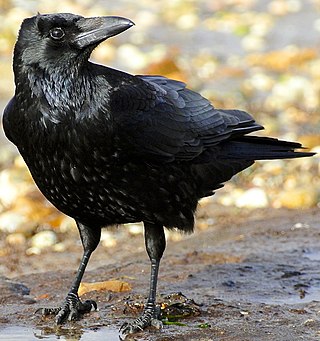
A crow is a bird of the genus Corvus, or more broadly a synonym for all of Corvus. The word "crow" is used as part of the common name of many species. The related term "raven" is not linked scientifically to any certain trait, but is rather a general grouping for larger species of Corvus.

In Italy, a sagra is a local festival, very often involving food, and frequently a historical pageant and sporting events: when the sporting event is a historical recreation as well, such as a joust or a horse race in costume or armour, it is called a palio.

Noctuoidea is the superfamily of noctuid or "owlet" moths, and has more than 70,000 described species, the largest number of any Lepidopteran superfamily. Its classification has not yet reached a satisfactory or stable state. Since the end of the 20th century, increasing availability of molecular phylogenetic data for this hugely successful radiation has led to several competing proposals for a taxonomic arrangement that correctly represents the relationships between the major lineages.
John Grote was an English moral philosopher and Anglican clergyman.
The spotted smooth dogfish is a finback catshark of the family Proscylliidae, found in the temperate northwest Pacific Ocean, in the Okinawa Trough. Little else is known about this harmless oviparous species.

Amphipyrinae is a subfamily of owlet moths in the family Noctuidae. There are more than 50 genera and 210 described species in Amphipyrinae, although the classifications are likely to change over time.
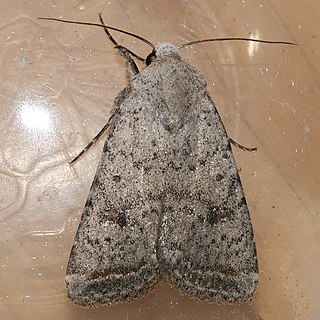
The Caradrinini are a mid-sized tribe of moths in the family Noctuidae.

Abagrotis is a genus of moths of the family Noctuidae.
Bellura is a genus of moths of the family Noctuidae.

Euxoa is a genus of moths of the family Noctuidae raised to Genus by the German entomologist, Jacob Hübner. The Genus is mostly confined to dry and semi dry areas in the Northern Hemisphere. There 130 species in Eurasia, a few in Africa, and 175 in North America. There are no species in the Genus in South-East Asia or in Australia. In North America, most species are found in Western regions. Of the North American species, 4 are endemic to Mexico. There is one species recorded from Chile, but this may be a mislabeled specimen. In real terms, species numbers do not equal species abundance. Some areas with few species have large numbers of the ones that do live there.
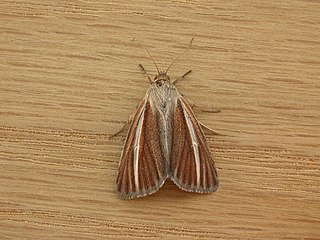
Heliocheilus is a genus of moths of the family Noctuidae. Former synonyms include Canthylidia.

Smerinthini is a tribe of moths of the family Sphingidae. The genus was erected by Augustus Radcliffe Grote and Herbert C. Robinson in 1865.
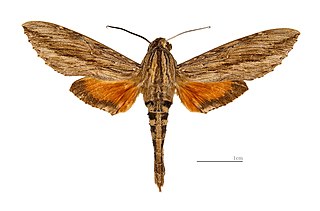
Dilophonotini is a tribe of moths of the family Sphingidae described by Hermann Burmeister in 1878.
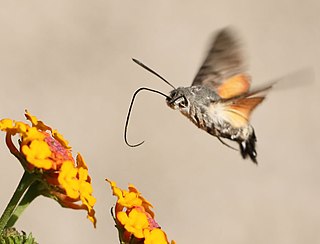
Macroglossini is a tribe of moths of the family Sphingidae described by Thaddeus William Harris in 1839.

Eupyrrhoglossum venustum is a moth of the family Sphingidae. It is known from tropical and subtropical lowlands in Brazil.

Sagra is a village in the province of Alicante and autonomous community of Valencia, Spain. The municipality covers an area of 5.6 square kilometres (2.2 sq mi) and as of 2011 had a population of 454 people.


